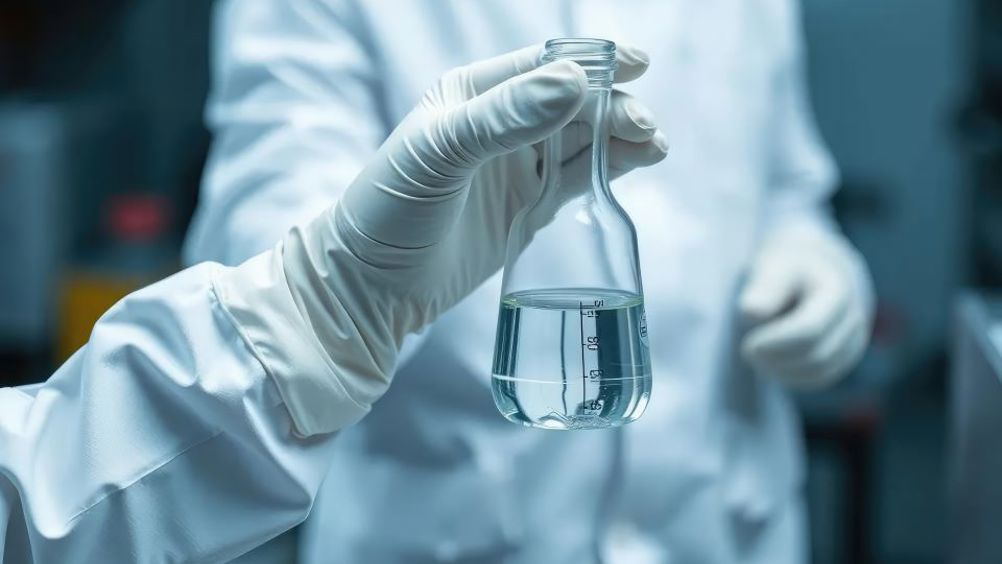Dialysis used to treat high-salinity organic wastewater
Researchers in the US and China have used dialysis to treat high-salinity organic wastewaters, an advance that could transform the treatment of industrial wastewater.

For patients with kidney failure, dialysis uses a dialyzer to filter waste and excess fluid from the blood, which is drawn from the body, cleansed in the dialyzer then returned through a separate needle or tube.
In a new study published in Nature Water, the team at Rice University, Texas, in collaboration with Guangdong University of Technology, China, found that mimicking this same method can separate salts from organic substances with minimal dilution of the wastewater. This novel pathway is claimed to have the potential to reduce environmental impacts, lower costs and enable the recovery of valuable resources across a range of industrial sectors.
“Dialysis was astonishingly effective in separating the salts from the organics in our trials,” Professor Menachem Elimelech, a corresponding author on the study, said in a statement. “It’s an exciting discovery with the potential to redefine how we handle some of our most intractable wastewater challenges.”
Industries that generate high-salinity organic wastewaters include petrochemical, pharmaceutical and textile manufacturers.
Register now to continue reading
Thanks for visiting The Engineer. You’ve now reached your monthly limit of news stories. Register for free to unlock unlimited access to all of our news coverage, as well as premium content including opinion, in-depth features and special reports.
Benefits of registering
-
In-depth insights and coverage of key emerging trends
-
Unrestricted access to special reports throughout the year
-
Daily technology news delivered straight to your inbox










Water Sector Talent Exodus Could Cripple The Sector
Well let´s do a little experiment. My last (10.4.25) half-yearly water/waste water bill from Severn Trent was £98.29. How much does not-for-profit Dŵr...